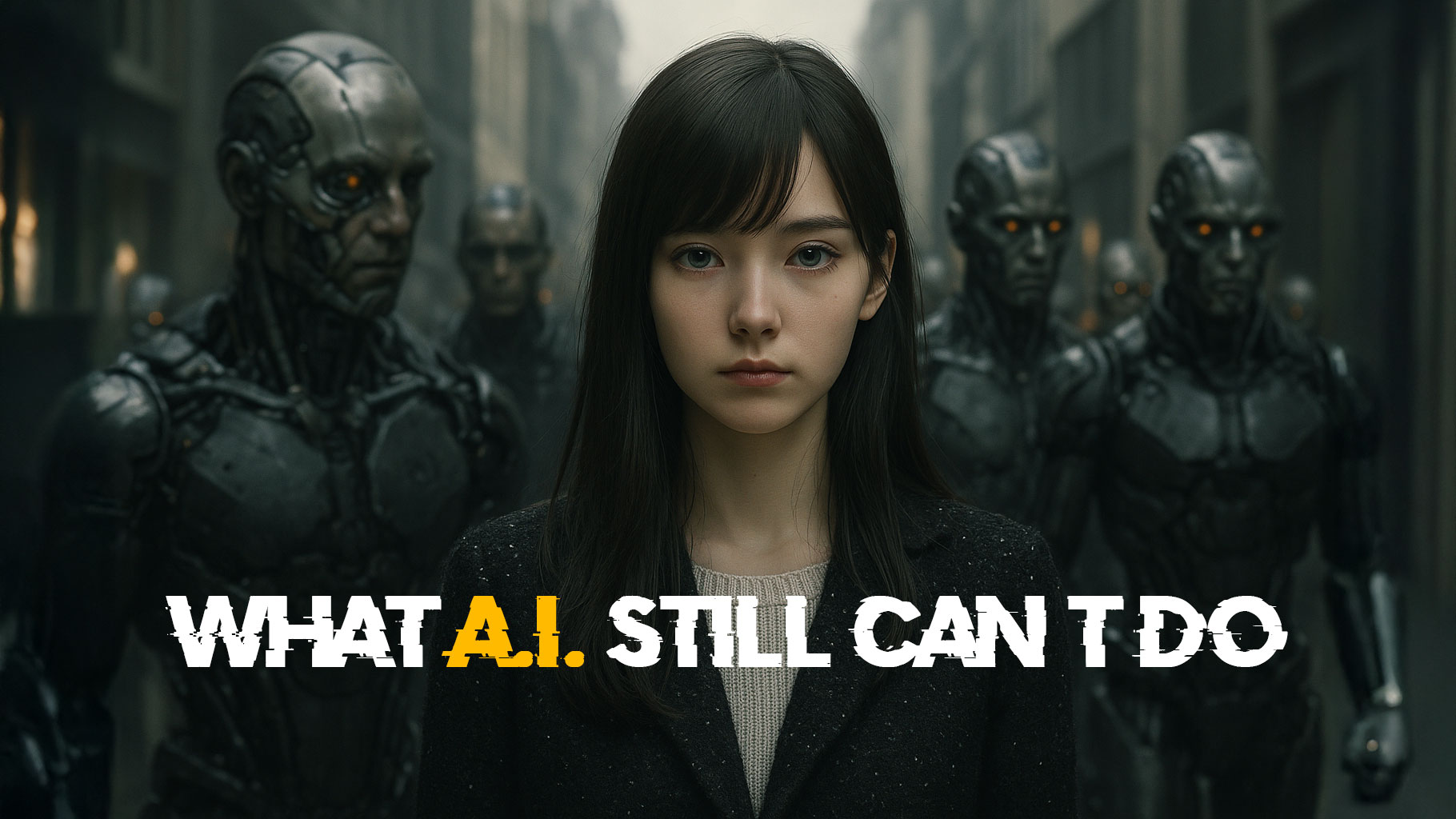
What AI Still Can’t Do (And Why That’s a Good Thing)
…but maybe not for long.
We’re in the early stages of something big. AI tools now let solo creators like me animate, direct, and produce short films that would’ve taken a whole crew just a few years ago. But as powerful as these tools are, there are still things they can’t do — or at least not well yet. That said, I don’t fully agree with every criticism. Some things AI is almost getting right. Others? Still far off. So let’s talk about it.
1. AI Still Doesn’t Feel Emotion
Critics say: AI can’t understand emotion — it just mimics it.
My take: That’s mostly true. But it’s getting scary close.
When you use AI for voice (like ElevenLabs), you notice the gap. It hits tone, cadence, even breath — but those micro-emotions, the fragile in-between moments? Still missing. That’s where the illusion breaks. Same with animation: AI can create emotional movement if you feed it expressive music or live-action reference, but something still feels… off.
So what’s missing? Maybe it’s nuance. Maybe it’s intention. But each tool update gets closer. When AGI or some form of SAI emerges — where models learn from each other — it’s possible we will see something like sentience. But for now, as filmmakers, we’re still the ones injecting soul into the scene.
2. AI Has No Experience
Critics say: AI has no life experience — so it can’t tell meaningful stories.
My take: It doesn’t need to. Not in the way humans do.
AI tools don’t have lived experiences, but they’re trained on billions of them. They remix, emulate, distort, and reframe — just like we do when we create fiction. In that sense, the tools are developing a kind of “synthetic experience.” And over time, with recursive learning, they’ll build even richer models of the world.
But this post isn’t about philosophy — it’s about filmmaking. And here’s the truth: tools like Runway, Kling, and Dreamina don’t need real memories to generate believable moments. What they lack in authenticity, you can guide with your own direction. That’s the current formula: your vision, their execution.
3. AI Can’t Decide What Matters
Critics say: AI lacks taste, intent, or narrative instinct.
My take: Completely true. That’s where you come in.
You can’t expect an AI to know why a scene should hold longer, or when silence says more than a monologue. It’s just not there yet. Even when using AI scriptwriting tools, you’ll get decent structure — but it’s generic. The soul? You have to add that.
That said, these tools are amazing for blocking out ideas, generating variations, and helping you find your direction faster. But the storytelling? That’s still your job — and probably always will be.
4. AI Struggles With Continuity and Visual Coherence
Critics say: Characters morph, scenes glitch, styles shift mid-shot.
My take: 100% facts. And it’s one of the biggest pain points right now.
Most AI film tools don’t fully understand visual consistency. Hair changes. Faces mutate. Backgrounds drift. The tech just isn’t optimized for storytelling across time — yet. But we’re starting to see advances with tools like Runway’s Multi Motion or Minimax’s smoother temporal flow.
In the meantime, you have to be clever. Use stylization, animation masking, and smart editing to make it work. And that’s not a bad thing — it forces you to craft, not just generate. Which brings me to the next point…
5. AI Won’t Take Creative Risks — You Do
Critics say: AI plays it safe. It predicts, but doesn’t challenge.
My take: Absolutely true — and this is where filmmakers shine.
AI gives you what’s expected. But great filmmaking often requires the unexpected. A hard cut, a jarring silence, a broken rule — these are things humans do when they want to say something. AI doesn’t know how to break rules with purpose — but you do.
And maybe that’s what makes AI filmmaking exciting right now. You’re not just using tools — you’re still making choices. And that’s the good part.
Final Thought
AI can’t do everything. But that’s what makes this moment so valuable. The tools are powerful, but incomplete. They need you — your voice, your instinct, your story. And as long as that’s true, you’re not being replaced.
You’re being amplified.
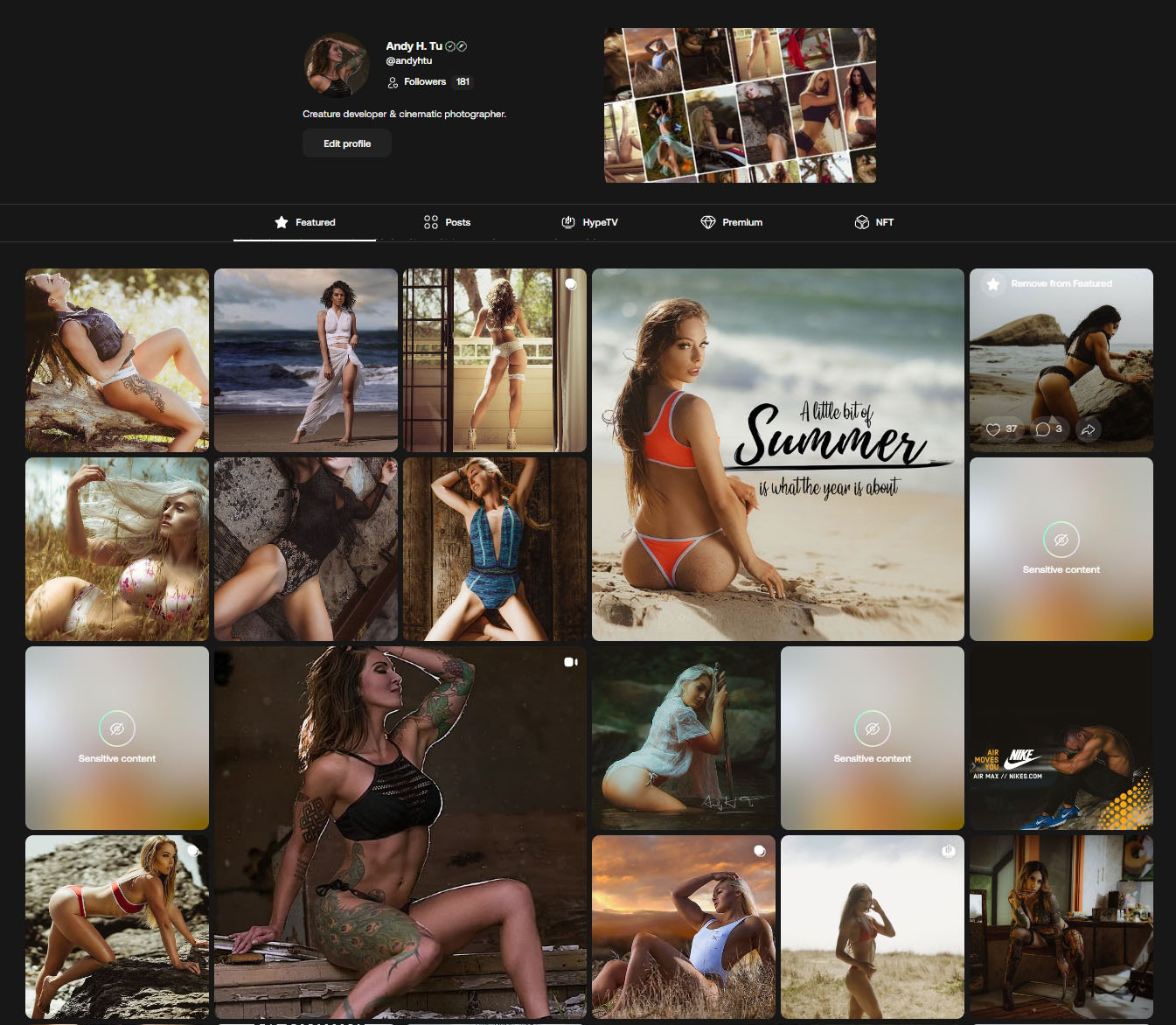
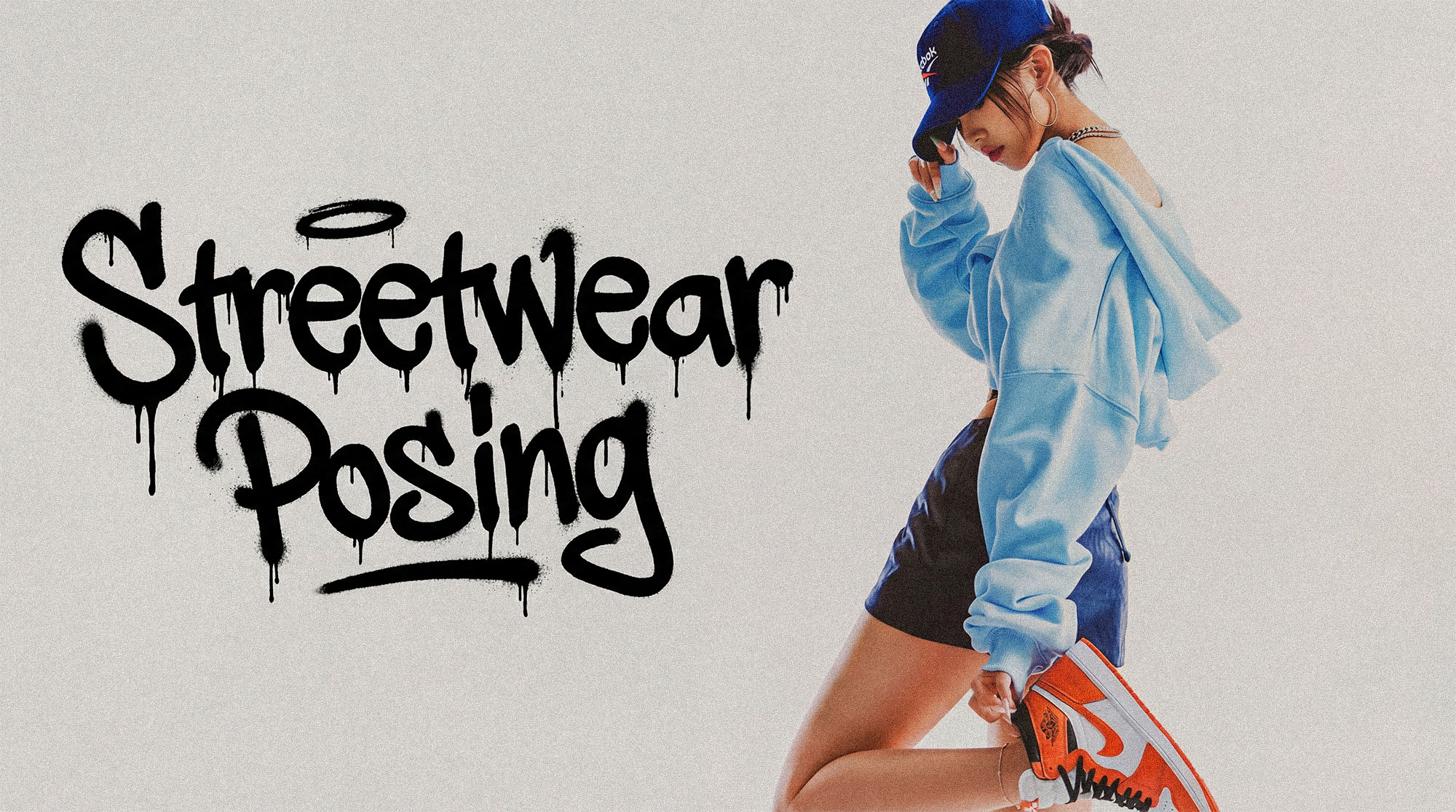
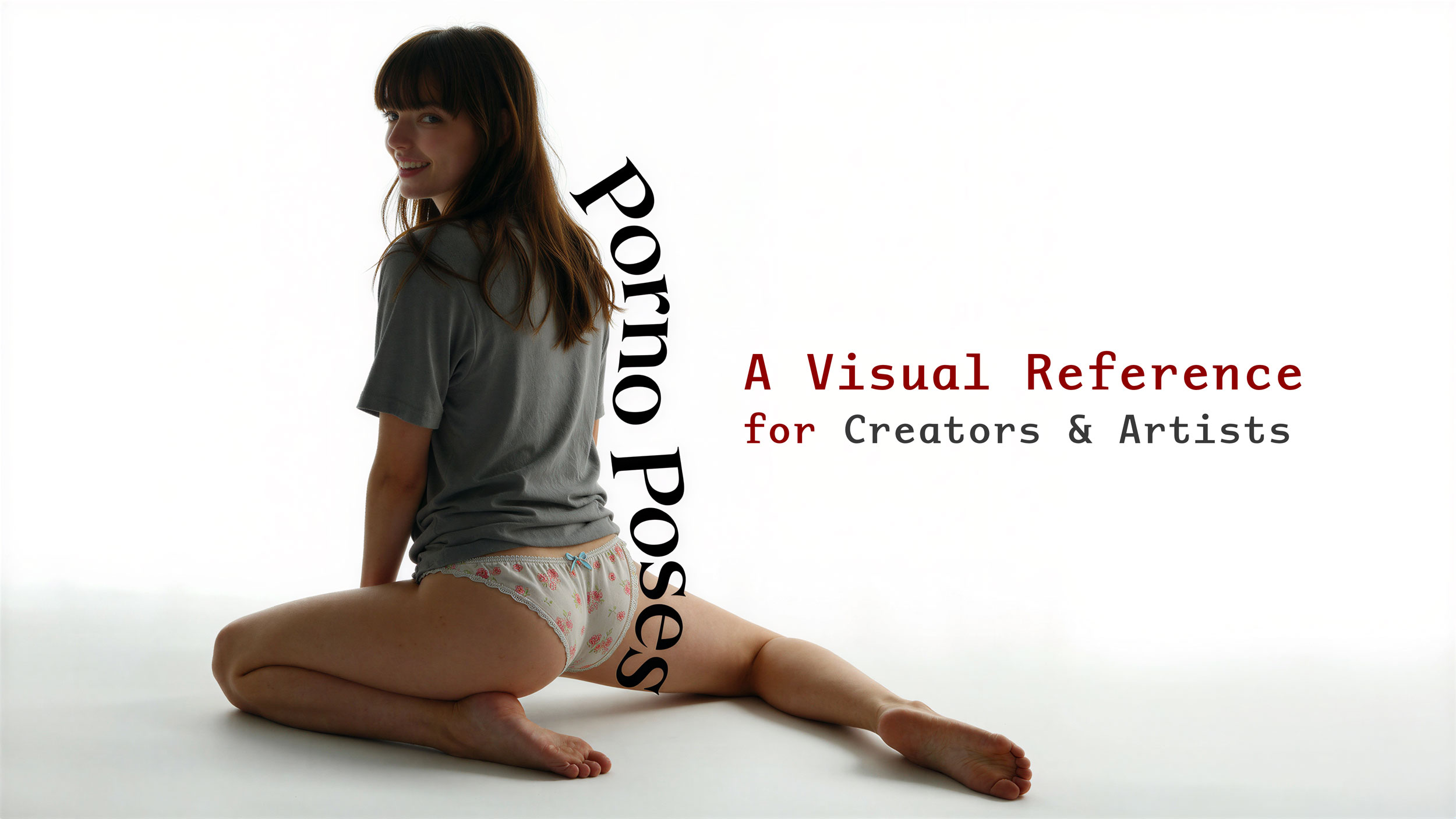
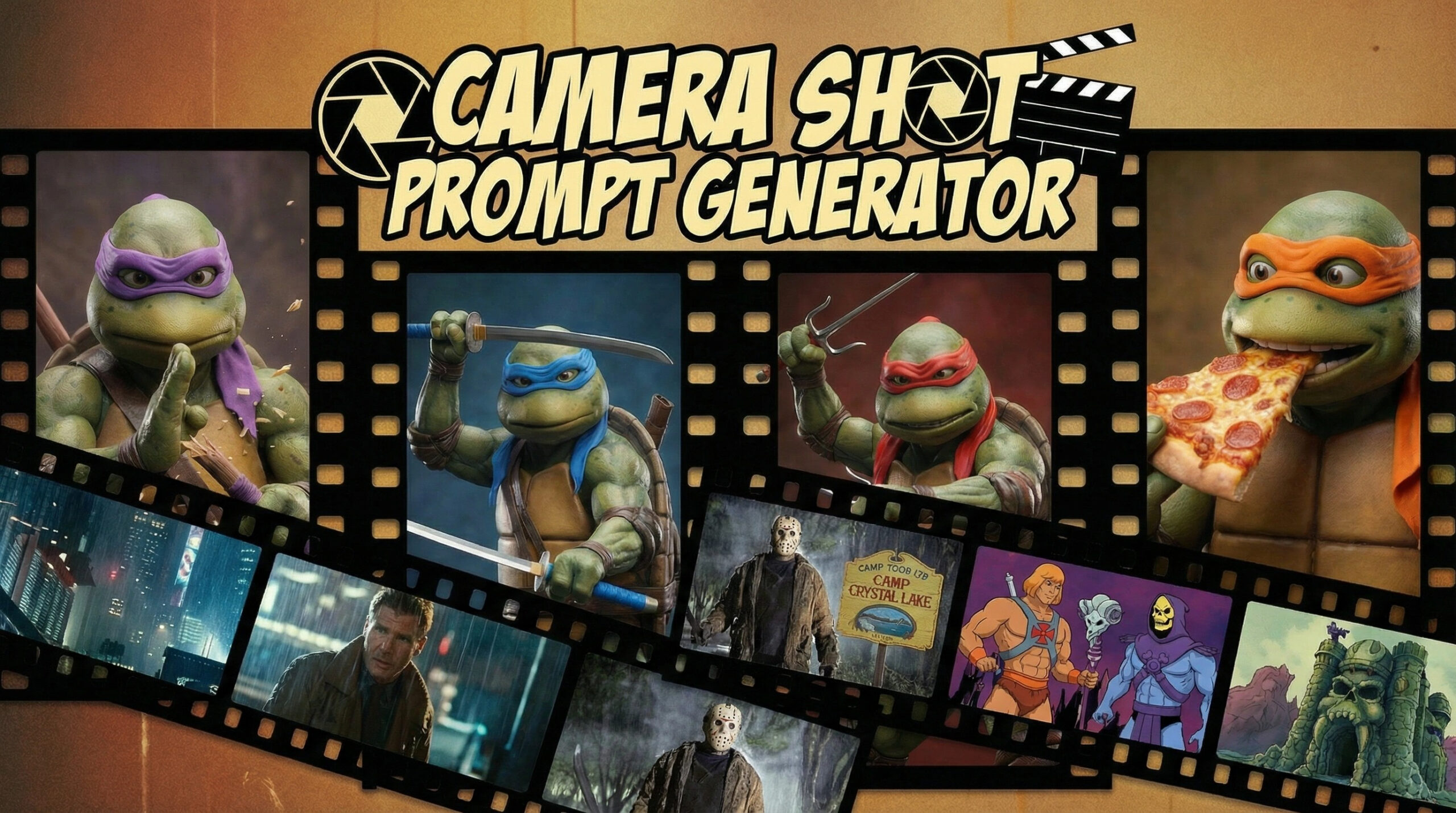

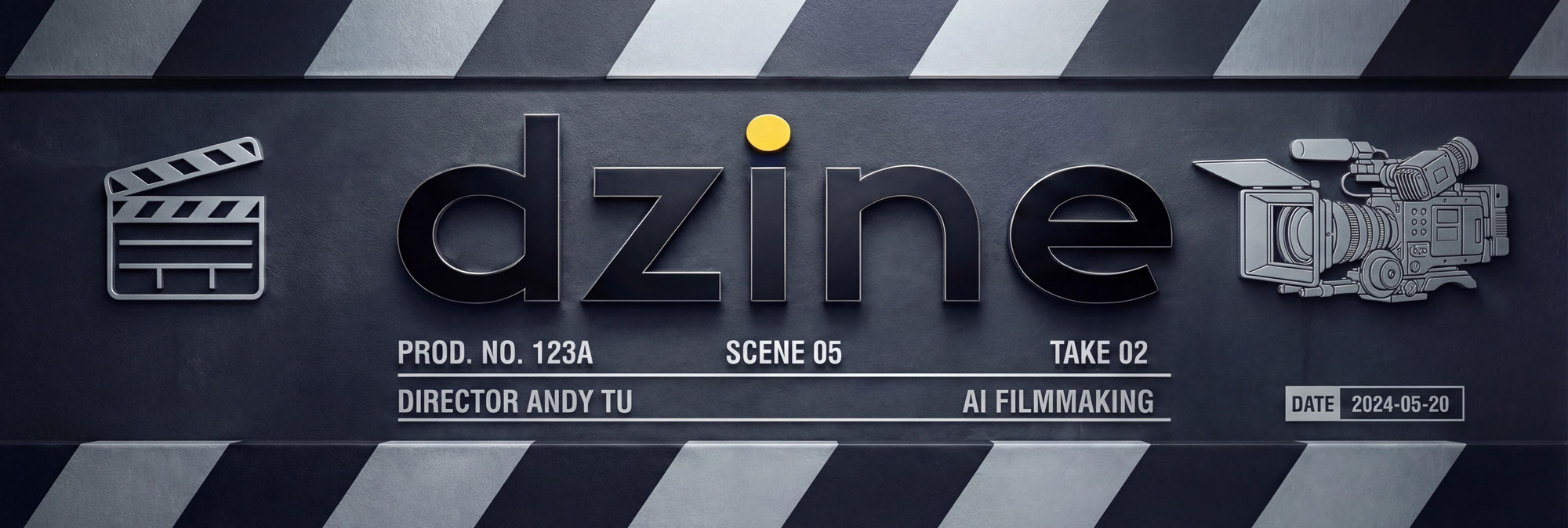
Leave a Reply